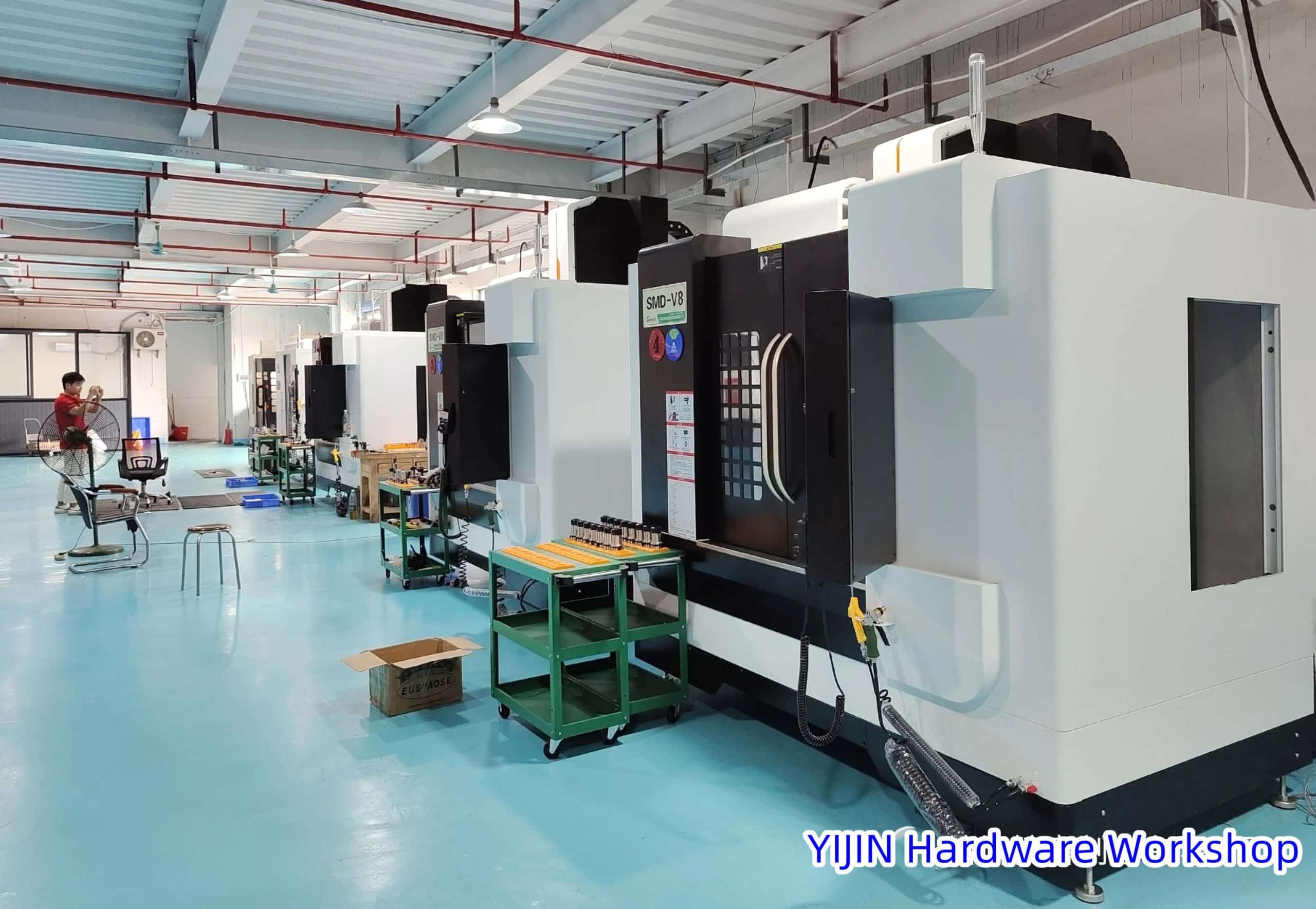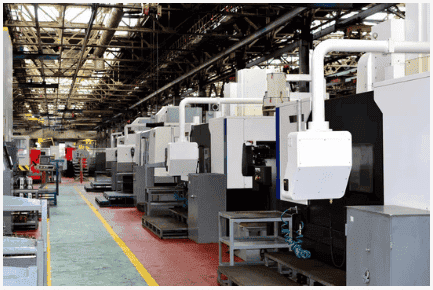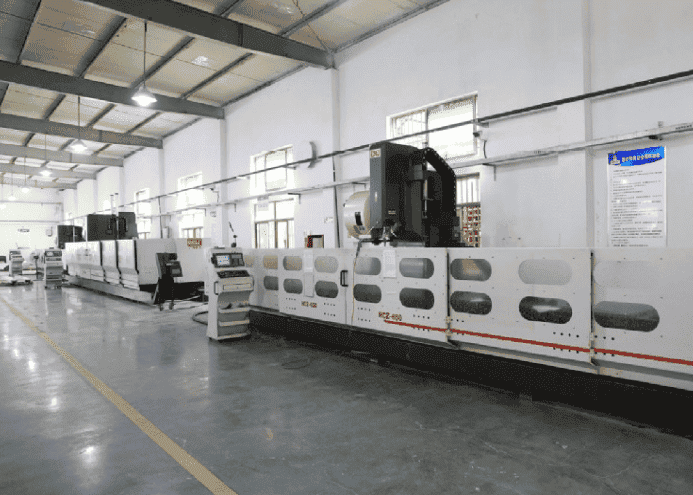It may surprise you, but according to studies by the U.S. Bureau of Labor Statistics (BLS), across the United States alone, approximately 125,000 new metal fabrication jobs will be created over the next decade!
As an industrial engineer, you might be surprised to find out that most jobs in the metal fabrication field don’t require an engineering degree or accreditation. In fact, many of these jobs are relatively easy to break into with the right skills, experience, and industry knowledge. If you’re also looking to break into the field, it can be devastating to figure out where to begin.
What are some skills needed to enter the field of metal fabrication?
How difficult is it to find a fabricator job at the entry-level?
Will you need to start at the very beginning of your career ladder?
What types of metal fabrication jobs are there?
To answer such queries and provide more information about metal fabrication jobs, here’s what you need to know about getting started in the metal fabrication industry.

Introduction to Metal Fabrication
Metal fabrication means converting raw materials such as steel and aluminum into usable items by cutting, bending, or assembling. It is an intricate process that takes years of learning and experience to perfect. It is essential to understand the process of metal fabrication because each of the jobs listed below is part of that process.
A Career in Metal Fabrication Industry
As you can see, the metal fabrication industry spans a broad range of products, types of equipment, and skill sets. It doesn’t matter what your goals are or what level of skill you want to achieve, there is an opportunity for you in this field. If you’re trying to decide if a career in metal fabrication is right for you, consider the following factors:
- Are you detail-oriented when measuring and designing?
- Do you like doing physical labor and working with your hands?
- Are you mechanically inclined and can troubleshoot problems with machines like welders?
- Are you good with math, numbers, spreadsheets, and science?
Should You Get a Metal Fabrication Job?
For starters, the industry is growing at a rapid pace, so there will be plenty of job opportunities available soon. Additionally, metal fabrication offers a good salary and benefits package, so you can expect to earn a comfortable wage.
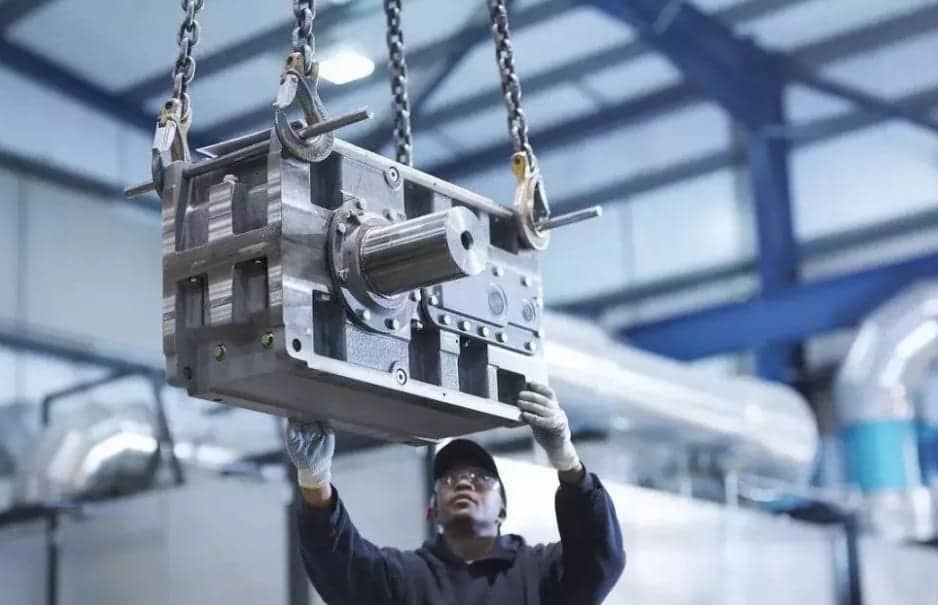
Furthermore, metal fabrication allows you to flex your creative and technical abilities. You’ll be able to work on a variety of projects, and you’ll have the opportunity to learn new techniques and processes. If you are looking for an engaging and fulfilling career, then working in Metal Fabrication may be just what you need.
However, Manufacturing workers in metal fabrication tend to work directly with machines, not people. They stand for long periods, lifting heavy objects and using their hands all day. Depending on their role, a typical metal fabricator may spend as much as 90% of the day operating machinery, managing production, or monitoring computer systems.
The Pros Include the Following:
- Potential for high wages.
- Opportunity to work with cutting-edge technology.
- Satisfaction of creating tangible objects.
The Cons Include The Following:
- Risk of injuries.
- Possibility of working long hours.
- Exposure to loud noise.
Overall, working in metal fabrication can be a rewarding experience for those interested in working with their hands and using their creativity. However, it is crucial to know the potential risks before entering this field.
Potential Opportunities in Metal Fabrication Industry
The metal fabrication industry works with raw materials such as metal: copper, stainless steel, and aluminum. Fabricators use such materials to produce goods for nearly all industries, from buildings to cars and furniture. The fabrication industry is one of the largest and most versatile industries worldwide, making it a great place to work and grow. Many entry-level positions are in high demand and likely to have faster-than-average employment growth.

Top 10 Best-Paying Jobs in the Metal Fabrication Industry Right Now
The best-paying jobs in the metal fabrication industry vary depending on each individual’s skill set. However, the top-paying jobs will likely go to those working in management positions or as skilled laborers, such as welders, crane operators, etc. Below are a few of the top-paying jobs in the metal fabrication industry.
1. Boilermaker
A boilermaker constructs the large vessels used in power plants that convert water into steam. It is a very physically demanding job and requires a lot of heavy lifting, climbing, and hanging from scaffolding. However, boilermakers make great cash-on-hand in this industry.
According to the BLS, boilermakers earn about $65,000 on average yearly. However, if you are willing to relocate to a city with a high demand for boilermakers, such as New York City, you will likely be able to earn far more than this average salary.
2. CNC Programmer and CNC Machinist
CNC programmers and CNC machinists use computer-controlled machines to create parts from metal. CNC programmers create designs to program the apparatuses, and CNC machinists physically operate the machines.
A CNC programmer is tasked with writing the computer code that tells a CNC Machine what to do. This code can generally be created using a CAD/CAM program, but it needs to be precise to produce desired results.
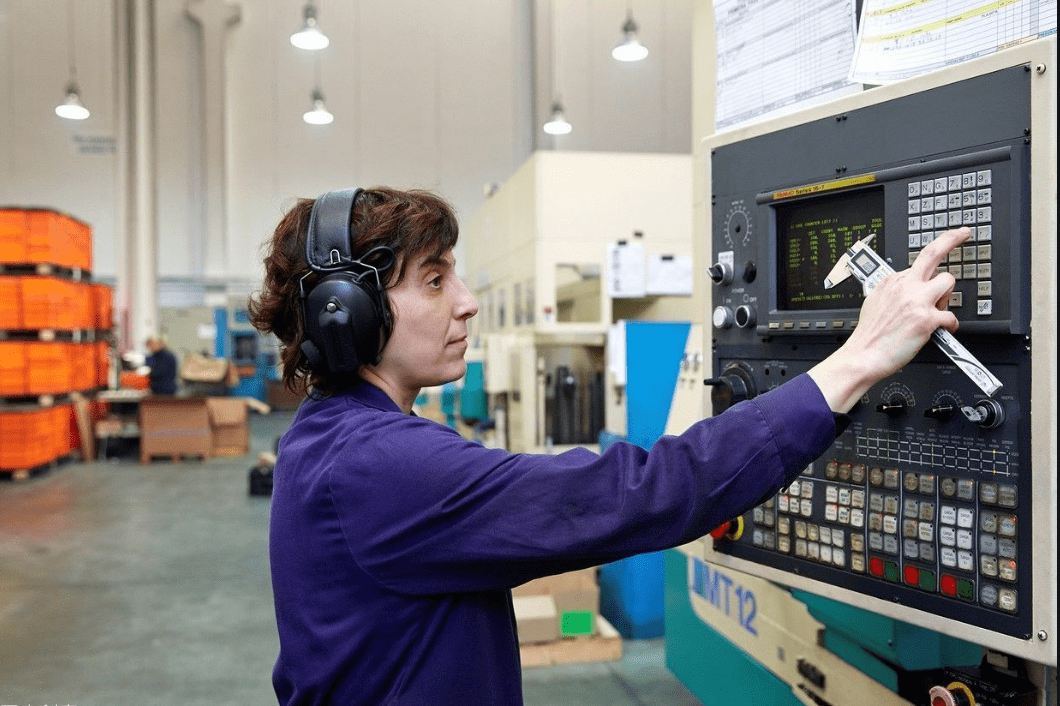
Likewise, a CNC Machinist operates the machine that assembles physical items. It requires a high level of skill and knowledge as they must interpret the code and make necessary adjustments accordingly so that they may create the desired end product – all while keeping safety first by being vigilant throughout every step of production.
According to statistics, the average they make is around $30/hour.
3. Industrial Engineer
Industrial engineers are the people who create and implement plans and procedures to improve the efficiency of businesses. The majority of industrial engineers work in manufacturing plants and as engineers. If you want to work as an engineer in the metal fabrication industry, you will likely have to work your way up from an entry-level fabricator position.
According to research by BLS, industrial engineers earn more than $95,000 per year.
4. Construction Superintendent
Construction superintendents are responsible for organizing and supervising the completion of construction projects. They may work on projects such as bridges, buildings, and other structures. They ensure that the project is completed timely, within budget, and as required on specifications.
Excellent communication skills and knowledge of construction techniques and safety regulations add up to let you taste success in the field of Metal Fabrication.
BLS and NCS state that experienced construction superintendents make around $100,000/year.
5. Welder
Welding has been around for at least 100 years. Welders use special equipment like an electric arc, an electric current, and some gasses to affix two pieces of metal by melting them together.
Welding will earn you an hourly wage of anywhere from $20 to upwards of $85. You should also expect to be on your feet for extended periods and work in hot and loud environments. Welding can be a good stepping stone in hunting for an entry-level position in the metal fabrication industry.
6. Maintenance Mechanic
A wealth of experience is required to enter the metal fabrication field as a maintenance mechanic. As a maintenance mechanic, you’ll repair and calibrate machinery for several industries, including construction, manufacturing, and food processing. You’ll also perform regular maintenance tasks, and if the machinery malfunctions – which can happen at any time -you’ll need to fix it. This requires skillful problem-solving abilities and familiarity with a wide array of tools. You will also need some understanding of mechanical principles and how they apply to electronics; this enables mechanics to read blueprints or schematics when working on these systems.
Statistics show that Maintenance mechanics make around $23.38/hour.
7. Structural Metal Worker
To become a structural metal worker, you’ll need to be interested in construction and understand the building structures. Structural metal workers are in charge of assembling metal frames for buildings and other large structures. They also have to set up rigging equipment and hoist materials. If you’re interested in becoming a structural metal worker, you should have team-oriented skills, be able to lift heavy objects and be comfortable working outdoors.
Structural metal workers make an hourly wage of approximately $31-$38 based on work experience and place.
8. Machinist/Machine Operator
As a machinist or machine operator, you’ll work with many different types of equipment, such as lathes, mills, grinders, and saws. You’ll be responsible for maintaining the equipment so that it functions properly. If you’re interested in becoming a machinist or a machine operator in the fabrication industry, you should have a strong math and science background. Moreover, you should have excellent problem-solving skills and be comfortable using complex machinery.
Sources report that Machine operators and machinists make an average of $24/hour or more.
9. Metallurgist
To be a Metallurgist, you’ll need to love the sciences and enjoy working with metals. You should also be confident in mathematics and have a strong knowledge of chemistry. Metallurgists study metal to determine its properties and uses. Most of the time, metal is melted down, refined, mixed with other metals, and poured into different molds. They use scientific methods to test different types of metals and ensure they meet quality standards and are safe to use.
Metallurgists work primarily in metal processing plants, making more than $40. per hour on average.
10. Manufacturing Manager
If you’ve been working in the fabrication industry and want to advance, becoming a manufacturing or production manager is a fine and dandy step next. As a production manager, you’ll oversee the operation of a metal fabrication plant, including hiring, managing, and scheduling employees and working with engineers to ensure the quality of the product. You’ll have to be able to prioritize tasks and have excellent leadership skills to succeed as a manager.
You can make approximately $47 to $63 per hour, depending on your experience.
5 Pro Tips To Help You Grow Your Career in Metal Fabrication
The metal fabrication industry offers a lot of job opportunities for those who want to be hard at work. Here are a few tips to help you get started in this exciting and ever-changing industry:
Get Some Formal Training.
Trade schools offer many different programs related to metal fabrication, which give you a strong foundation in the basics of the trade.
Start Out in a Small Shop.
It will allow you to learn the ropes and get some experience under your belt.
Be Willing to Learn New Things.
The metal fabrication field never ceases to evolve, and new technologies and methods are introduced continually. Success in this field requires time and attention to learning new skills and staying updated on what’s trending in the industry.
Be Safety Conscious.
As one of the most significant aspects of the industry, it is necessary to stay vigilant about safety procedures.
Have a Good Attitude.
Your attitude and willingness to work hard will determine your success.
Conclusion
Metal fabrication is an industry that spans many different types of products and has many job opportunities at all levels. Whether you have a degree in engineering or not, there are plenty of jobs in the fabrication industry waiting for you. The best thing to do is to research each of the positions that interest you and find out what qualifications are required. Once you find the job that best suits you, you can begin applying for positions and getting your foot in the door of this exciting industry.
 Call Us Today! (+86) 188-2253-7569
Call Us Today! (+86) 188-2253-7569

